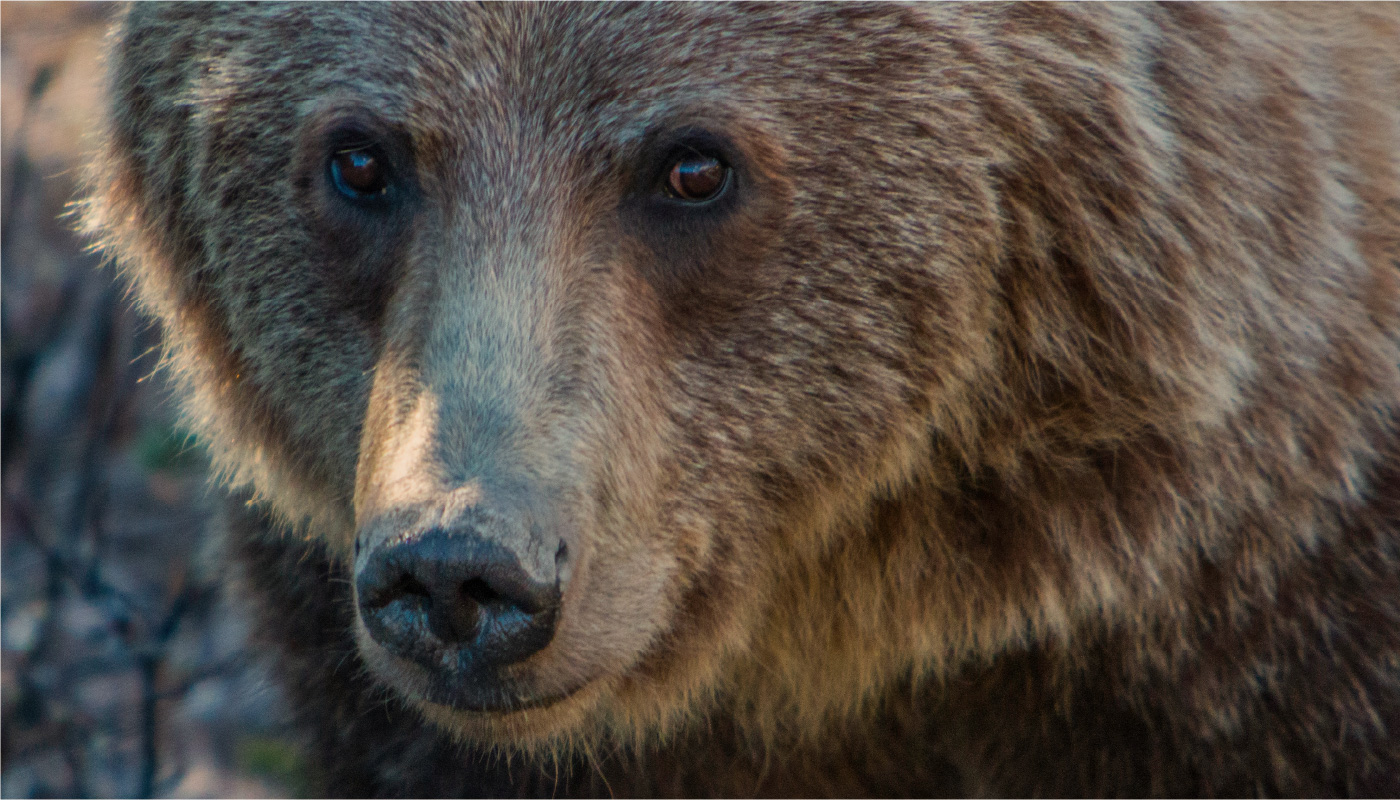Some herds, including the Burnt Pine and South Selkirks, are now locally extinct.
This May, the world’s leading scientists warned that we are in a worldwide wildlife crisis. According to a global assessment report developed over three years by the United Nation’s leading research body on nature, up to one million species are at risk of annihilation, many within decades, a number higher than ever before in human history. The reason is clear: habitat loss and degradation are the biggest threats to species worldwide.
Here in British Columbia, we are blessed with North America’s largest amount of unique species of animals, plants, and insects — but also the highest number of species at risk of extinction. Unfortunately, the B.C. government appears committed to managing that extinction, rather than confronting and reversing it, at least for the iconic mountain caribou.
Fewer than 1,300 southern mountain caribou remain, and some herds, including the Burnt Pine and South Selkirks, are now locally extinct. On Sept. 18, Doug Donaldson, the B.C. Minister of Forests, Lands, Natural Resource Operations and Rural Development, was quoted as saying, “We have enough (caribou) habitat protection measures in place.”
The ministry’s own recovery program documents disagree. What motivations are driving the minister’s apparent decision to essentially abandon the remaining herds to the same slow — or fast — fate?
Threatened southern mountain caribou inhabit tracts of old-growth, inland temperate rainforests that are found nowhere else on the planet. Decades of unsustainable logging practices, volatile markets, and a dangerous reliance on industry to regulate itself have left B.C. facing a crash in timber availability, the closure of mills, and the loss of old-growth forests and the caribou — and other species — that rely on them.
In 2017, $27 million was earmarked for caribou recovery strategies. In 2018, the provincial government raised that to $50 million. Since then, there has been little evidence of progress beyond what appears to be a permanent commitment to kill wolves and cougars instead of implementing comprehensive, long-term solutions.
The one sliver of hope, a draft partnership agreement negotiated with West Moberly and Saulteau First Nations — whose communities have established the world’s most-effective caribou recovery project — and the federal government, has been delayed after fearmongering, racism, and misinformation derailed the public consultation process. The failure of B.C. to stand up for its own agreement casts serious doubt on the sincerity of the province to take meaningful action, and on its stated commitments to First Nations and the principles of good faith bargaining.
The minister’s recent statements are an admission of the province’s failure to come to grips with the interlinked crises of our grossly mismanaged corporate forest policy and the extinction of wildlife on an unprecedented scale. As Sir Robert Watson, chair of the UN body that published the extinction warning report, noted: “We are eroding the very foundations of our economies, livelihoods, food security, health and quality of life worldwide.”
Recovering southern mountain caribou will require long-term critical habitat protection, restoration of disturbed habitats, and short-term measures to stave off immediate collapse. Recovering forestry jobs in B.C.’s interior will require transforming the current model of industrial-scale timber extraction to sustainable co-management with First Nations and local communities that protects the health of watersheds and ecosystems and ensures local economic benefits.
Real leadership would seize upon the opportunity to both address the real issues and to stand up to the massive extinction event threatening B.C.’s iconic wildlife. What is stopping Minister Donaldson?
Tim Burkhart is B.C. program manager for strategic engagement and Peace region at Yellowstone to Yukon Conservation Initiative.


